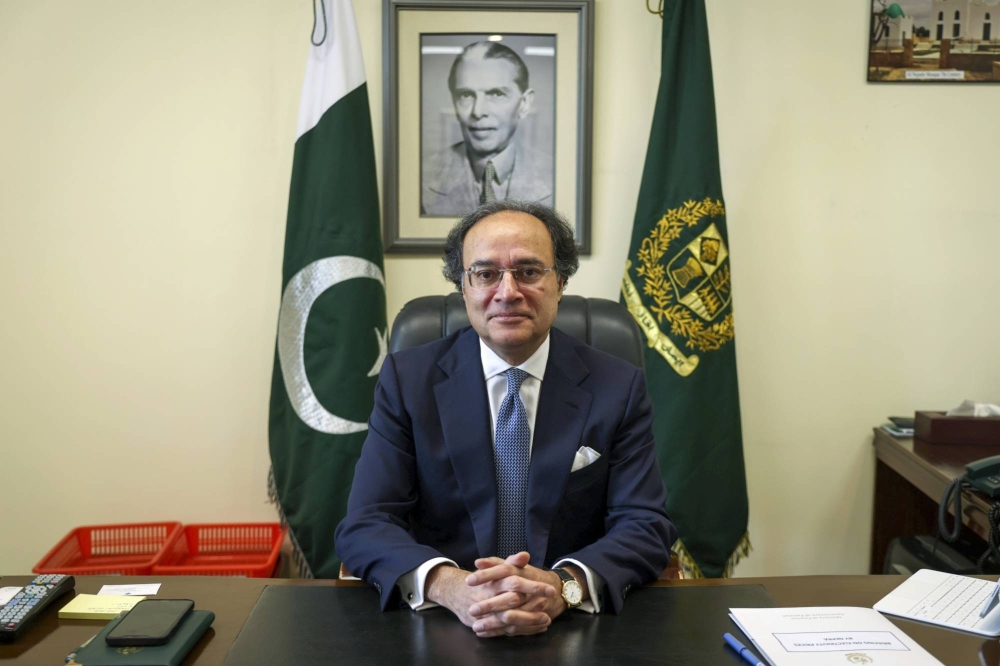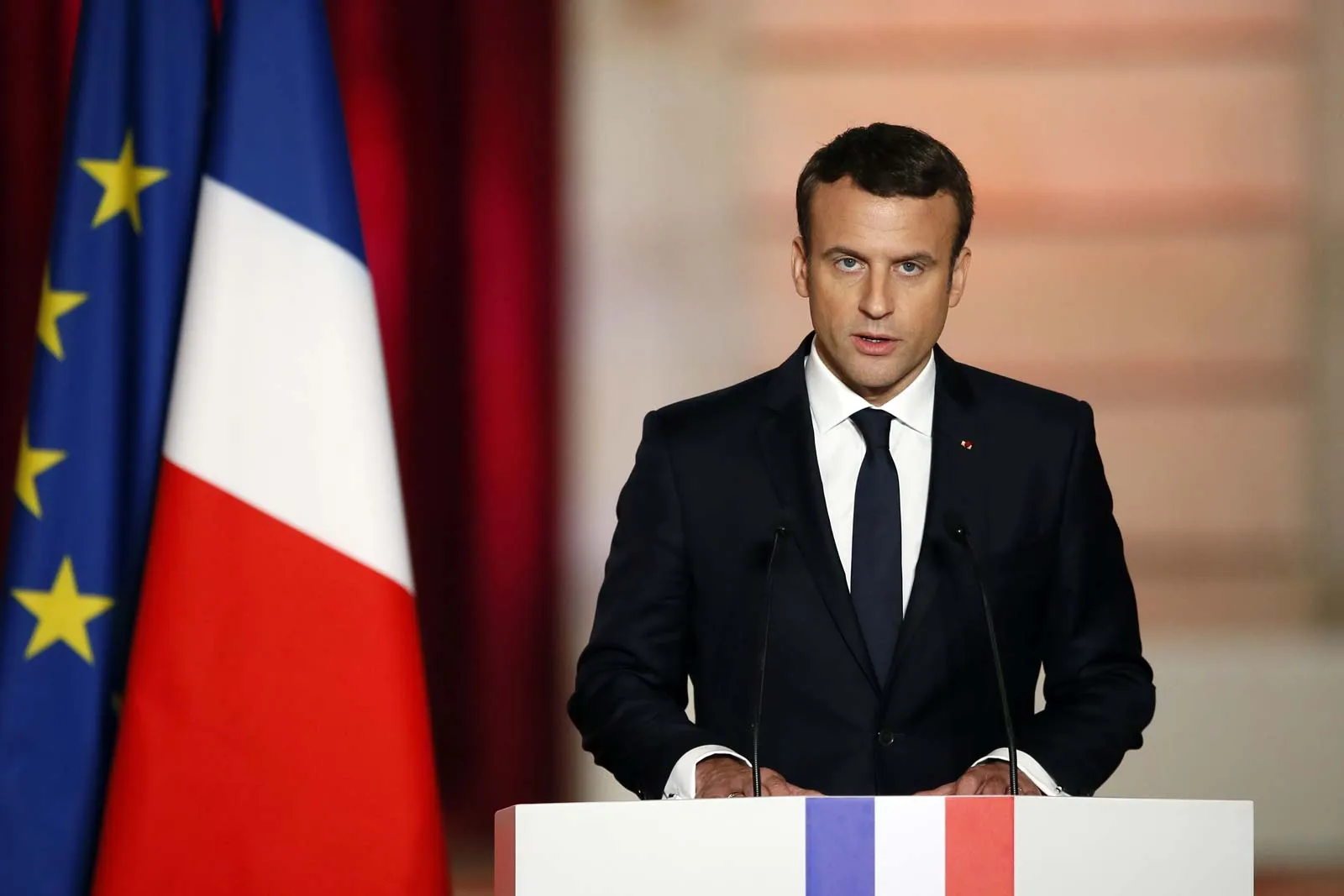Finance Minister Muhammad Aurangzeb expressed confidence in Pakistan’s likelihood of securing a new IMF bailout following President Asif Ali Zardari’s endorsement of the tax-intensive budget for the upcoming fiscal year. Speaking at a press conference in Islamabad, Aurangzeb emphasized the importance of the IMF program in ensuring macroeconomic stability, conveying his optimism about successfully finalizing an Extended Fund Programme, which is anticipated to be larger and longer in duration.
The financially strained federal government unveiled an Rs18.9 trillion budget containing tax-raising measures aimed at bolstering the country’s chances of obtaining a new IMF deal after teetering on the brink of default last year. The budget introduces amplified taxes for the already burdened salaried class, incorporates exporters into the standard tax regime, elevates the petroleum levy to Rs70, and levies new taxes on the real estate sector, among other measures, with the objective of augmenting tax collection.
While the budget is expected to pave the way for a much-needed IMF agreement, experts have warned about the potential for heightened inflation, which could provoke public discontent. Aurangzeb acknowledged the concerns of various sectors affected by additional taxes and stressed the government’s commitment to alleviating the burden on the populace and businesses by addressing inefficiencies and enhancing the management system in the days ahead.
Addressing the public’s apprehensions regarding the petroleum development levy (PDL), Aurangzeb clarified that the increased levy of Rs10 per litre, raising it to Rs70, would not be imposed immediately. He reassured journalists that the elevated levy serves as a ceiling and would not be implemented at present, emphasizing that it will be maintained as a headroom. Moreover, he outlined the levies applicable on different types of fuel, such as diesel, light diesel oil, kerosene oil, and high-octane, providing clarity on the government’s taxation approach in this domain.
With only 5.2 million individuals filing income tax returns in a country with a populace exceeding 240 million, the government has adopted various measures to enhance tax collection, including barring mobile phone SIM cards and imposing travel restrictions on non-filers. Despite criticisms of the budget’s failure to expand the tax net to new sectors, Aurangzeb defended the financial plan, asserting that additional sectors would indeed be subjected to taxation. He particularly emphasized the necessity of all segments contributing to both society and the exchequer, highlighting the inclusion of new retailers and the taxation of the real estate sector as key measures in broadening the tax base.
Aurangzeb also underscored the government’s rigorous stance on non-filers, emphasizing punitive measures aimed at compelling non-filers to fulfill their tax obligations. He reiterated the imperative of eradicating non-filers and reaffirmed the government’s commitment to enforcing taxation across various sectors to promote fiscal responsibility and equity.
















